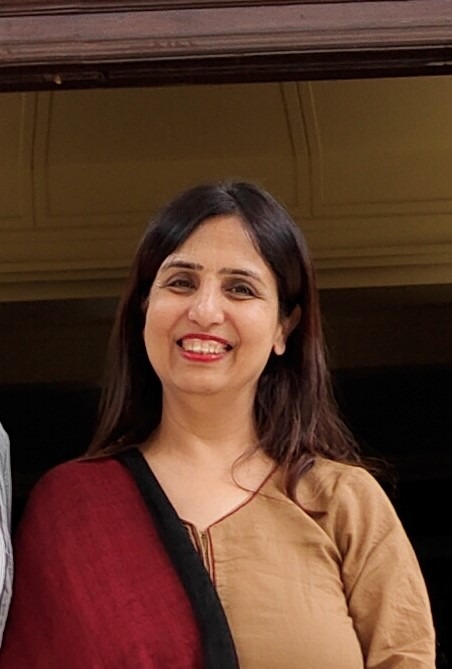Case Study: A Turning Point, from STEM to Non-STEM
By Vandana Murjani, Head of Career and College Guidance, The Emerald Heights International School
Meet Alex, one of the most talented students who was an epitome of confidence, versatility and enthusiasm. Alex was very active in his extracurricular activities. Almost everyone knew him by name. Born and brought up in the family of doctors, his challenges started to grow as he entered his X grade, after which it was the time for him to decide his stream and subjects for higher classes. This was the time when I happened to know him more closely. Always a chirpy boy carried so much load in his mind, I was completely ignorant about it. He shared that his family wants him to pursue a career in engineering or medical as these matched their status in the society. Despite his evident artistic flair, family pressured him to seek admission at a dummy school.

It called forth educating parents about the plethora of career options beyond STEM. This two-hour meeting entailed detailed conversations about the changing trends in the education landscape and the work industry expectations. The utter importance of developing skills over earning a forced degree. We also pulled out real time data from ILO and Harvard Business Review to validate the changing scenario. In fact, our conversation also revolved around mental health as a key factor in these highly stressful times. The family looked receptive and left convinced. I thought the session worked in favour of Alex. I was wrong!
No sooner, Alex’s TC was issued, causing his passion for learning to fade. Here’s what happened then:
The Struggle
As the academic expectations grew heavier, Alex gradually withdrew from activities. He became isolated, his once-bright spirit dimmed. Despite his parents’ persistent nudges to excel, Alex couldn’t give his best. His confidence declined. There were constant complaints and his diet became uncertain. Due to long hours of sitting, he put on weight, depleting his posture. His involvement in the family became minimal, often frustrated. This concerned the parents. We met again.
A New Lease to Alex’s Life
Over the course of four to five sessions, we explored his interests and passions through Aptitude Testing, pleasant and unpleasant experiences from previous participations, and conversations with his teachers. The reality of traditional academic success had stifled his creativity on the surface. Our conversations on the Interdisciplinary concept and Liberal Arts education were the key points of discussions. I believed the parents seemed satisfied and we discussed the colleges of the new spectrum. Alex’s innate love for Designing was well received, followed by a customised road-map. This time, I was right.
Reconnecting with Passion
Alex re-engaged with his favorite activities without academic burden. His progress revealed a strong artistic talent, which he nurtured enthusiastically. He joined art classes and created an impressive portfolio showcasing his creativity. A spark ignited within him, his confidence surged. He rekindled friendships and built a supportive community around his interests, which further fueled his enthusiasm.
The Outcome
Today, Alex is thriving in a prestigious institution, pursuing a degree in Product Design. His parents, once worried about his path, now celebrate his accomplishments. Alex’s journey illustrates that success is’t solely defined by conventional metrics; it’s about discovering one’s passion, even in the face of pressure.
Conclusion
This case underscores the importance of recognising and supporting diverse career paths beyond STEM fields. Every student has unique talents waiting to be discovered and sometimes, stepping away from societal stigma can lead to the most fulfilling journeys.
Certainly! In today’s rapidly evolving job market, employers increasingly prioritise practical skills, adaptability, and real-world experience. This shift reflects a growing recognition that success in many careers—especially in non-STEM fields—hinges on creativity, critical thinking, and interpersonal abilities rather than formal credentials alone.
Moreover, institutions play a crucial role in shaping individuals beyond just academic knowledge. They foster essential soft skills and encourage personal growth. By focusing on holistic development, these institutions equip individuals to thrive in a dynamic environment, where lifelong learning and adaptability are key to career success.




